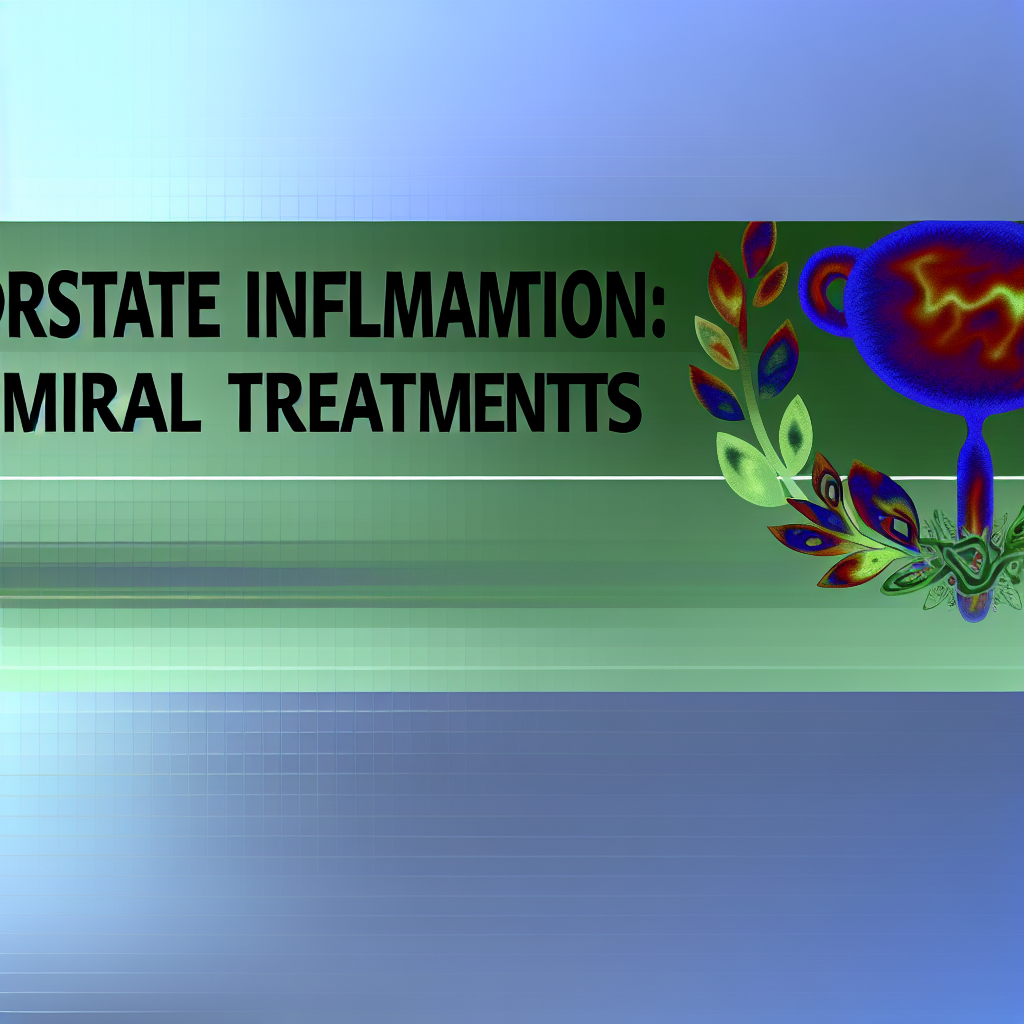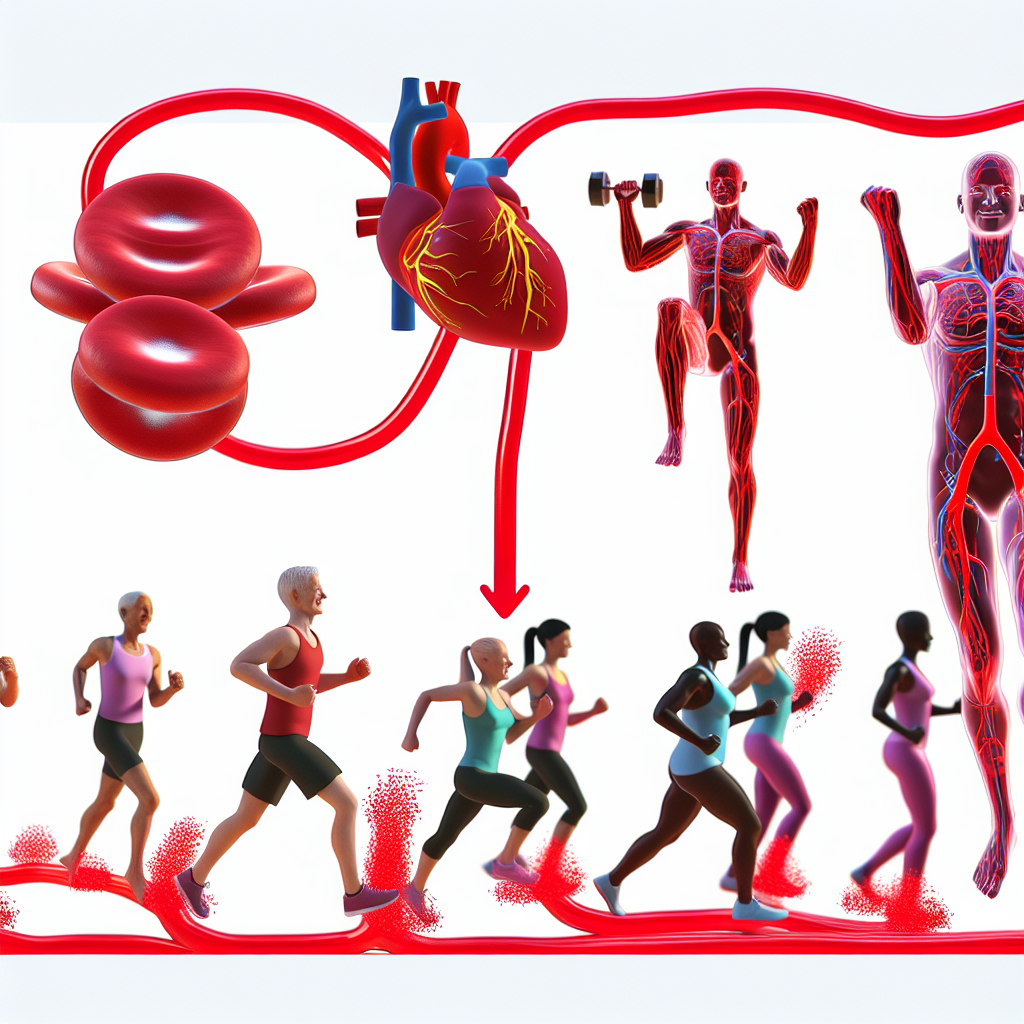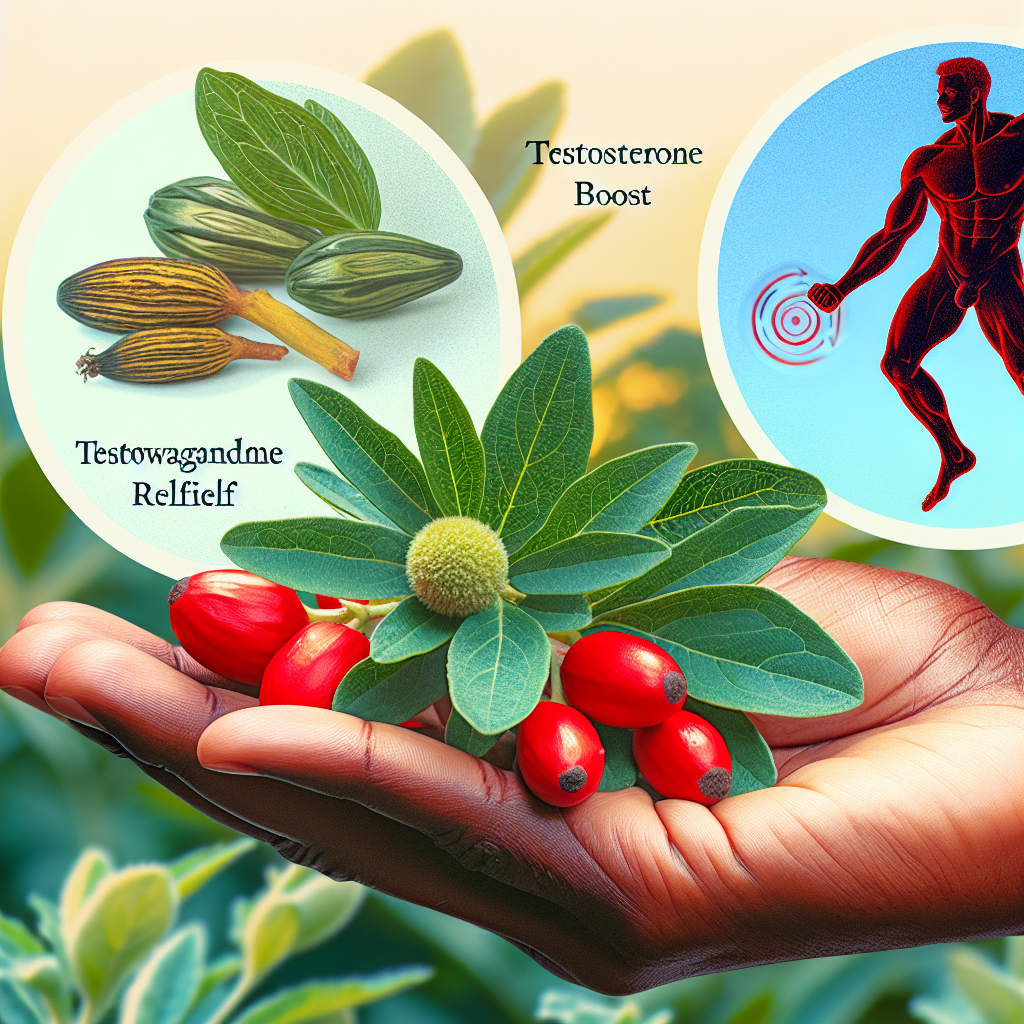ED Recovery: Post-Treatment Guide
Introduction
Erectile Dysfunction (ED) is a condition that affects millions of men across all age groups. While ED is often associated with aging, it can result from various causes, including cardiovascular disease, diabetes, stress, anxiety, and lifestyle habits. Fortunately, advancements in medical treatments, lifestyle changes, and holistic approaches have made overcoming ED more achievable than ever.
Recovery from ED involves much more than just taking medication—it’s about restoring confidence, improving overall health, and ensuring long-term well-being. Whether an individual has undergone treatment through prescription medications, lifestyle modifications, surgical procedures, or psychological counseling, the post-treatment phase is crucial to maintaining and improving erectile function.
Key Aspects of ED Recovery
Stay on Track: The Importance of Medical Follow-Ups
Following any ED treatment, maintaining regular check-ups with a healthcare professional is essential. Physicians can monitor progress, assess the effectiveness of the treatment, and adjust medications or approaches if needed. Studies indicate that consistent follow-up leads to better long-term outcomes and helps prevent recurrence ([American Urological Association](https://www.auanet.org/)).
Transform Your Health: Lifestyle Changes That Enhance Recovery
A study published in the *Journal of Sexual Medicine* reported that significant lifestyle changes could improve erectile function. Researchers found that men who engaged in regular physical activity and maintained a Mediterranean diet experienced better success in overcoming ED ([Journal of Sexual Medicine](https://www.jsm.jsexmed.org/)).
Key lifestyle changes include:
– **Exercise:** Engaging in at least 150 minutes of moderate exercise per week boosts circulation and enhances endothelial function, a key factor in achieving erections.
– **Healthy Diet:** Consuming foods like fruits, vegetables, whole grains, lean proteins, and healthy fats supports vascular health.
– **Weight Management:** Losing excess weight can improve testosterone levels, which play a crucial role in sexual health.
– **Avoiding Smoking and Alcohol:** Nicotine constricts blood vessels, while excessive alcohol use affects nerve function, both of which can worsen ED.
Mind Over Matter: Overcoming Psychological Barriers
Mental health plays a significant role in ED recovery. Anxiety, depression, and stress can contribute to persistent erectile dysfunction even after physical treatment.
– **Cognitive Behavioral Therapy (CBT):** Studies show that men undergoing CBT for ED see notable improvements due to decreased anxiety levels ([National Library of Medicine](https://pubmed.ncbi.nlm.nih.gov/)).
– **Mindfulness and Meditation:** Stress-reducing practices like meditation can improve ED symptoms by enhancing relaxation.
– **Couples Therapy:** Open discussions with a partner and receiving support in a professional setting can enhance intimacy and communication, reducing performance pressure.
Boost Your Testosterone: Understanding Hormonal Therapy
Low testosterone (Low-T) can impact erectile function. Some men require testosterone replacement therapy (TRT) to restore their hormonal balance. However, TRT should only be pursued under medical supervision, as excessive testosterone can lead to unwanted side effects ([Harvard Medical School](https://www.health.harvard.edu/)).
Go Natural: Supplements & Alternative Treatments for ED
There has been growing interest in natural and alternative treatments for ED. Some scientifically backed supplements include:
– **L-arginine:** An amino acid that supports nitric oxide production, improving blood flow to the penis.
– **Panax Ginseng:** Studies suggest this herbal supplement can improve erection quality, possibly by enhancing nitric oxide levels ([National Institutes of Health](https://www.nih.gov/)).
– **Shockwave Therapy:** A newer treatment that uses low-intensity shockwaves to improve blood flow and stimulate new blood vessel growth. Some clinical trials have shown promise, although long-term data is still being gathered.
Exploring Advanced Options: Surgical & Medical Treatments
For men who do not respond to traditional treatments, surgical options such as penile implants or vascular surgery may be available. These treatments have high success rates, with studies showing satisfaction rates above 85% for penile prosthesis patients ([U.S. National Library of Medicine](https://pubmed.ncbi.nlm.nih.gov/)).
Final Thoughts: Taking Control of Your ED Recovery
Successfully recovering from ED after treatment requires a multi-faceted approach, including medical follow-ups, lifestyle modifications, psychological support, and, in some cases, continued medical therapy. Addressing the root causes of ED—whether they stem from cardiovascular health, hormone imbalances, psychological factors, or a combination of these—is key to preventing recurrence.
Through commitment, education, and professional guidance, overcoming ED is achievable, allowing men to regain confidence and enjoy a fulfilling sex life well into their later years.
Summary:
Recovering from Erectile Dysfunction (ED) requires a comprehensive approach, including medical follow-ups, lifestyle changes, psychological support, and potentially hormonal therapy or advanced treatments. By addressing the underlying causes, men can regain sexual confidence and maintain long-term erectile function through a combination of medical care, healthy habits, and mental wellness practices.

Dominic E. is a passionate filmmaker navigating the exciting intersection of art and science. By day, he delves into the complexities of the human body as a full-time medical writer, meticulously translating intricate medical concepts into accessible and engaging narratives. By night, he explores the boundless realm of cinematic storytelling, crafting narratives that evoke emotion and challenge perspectives. Film Student and Full-time Medical Writer for ContentVendor.com



